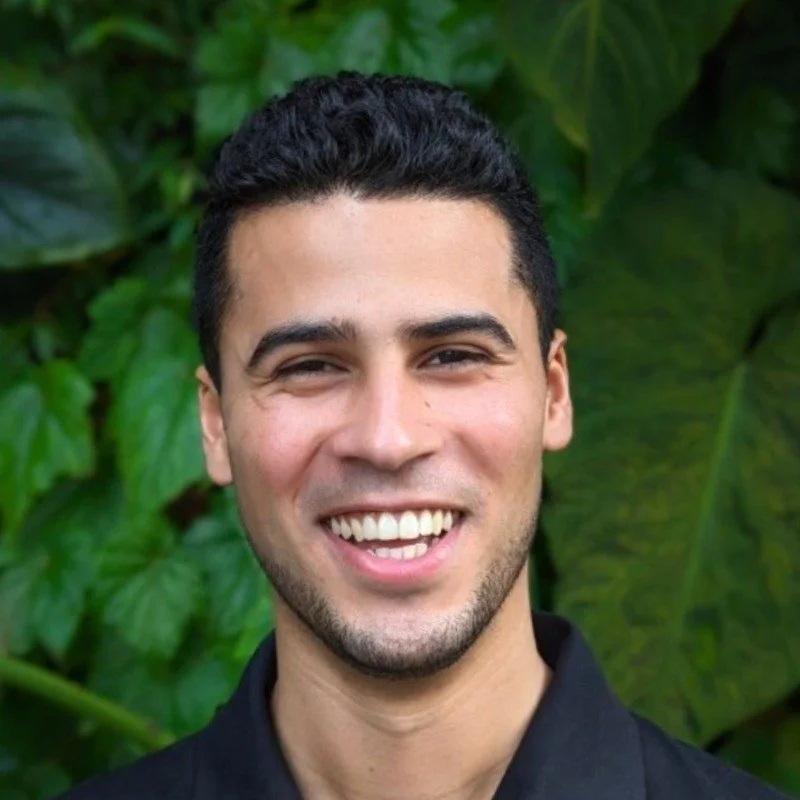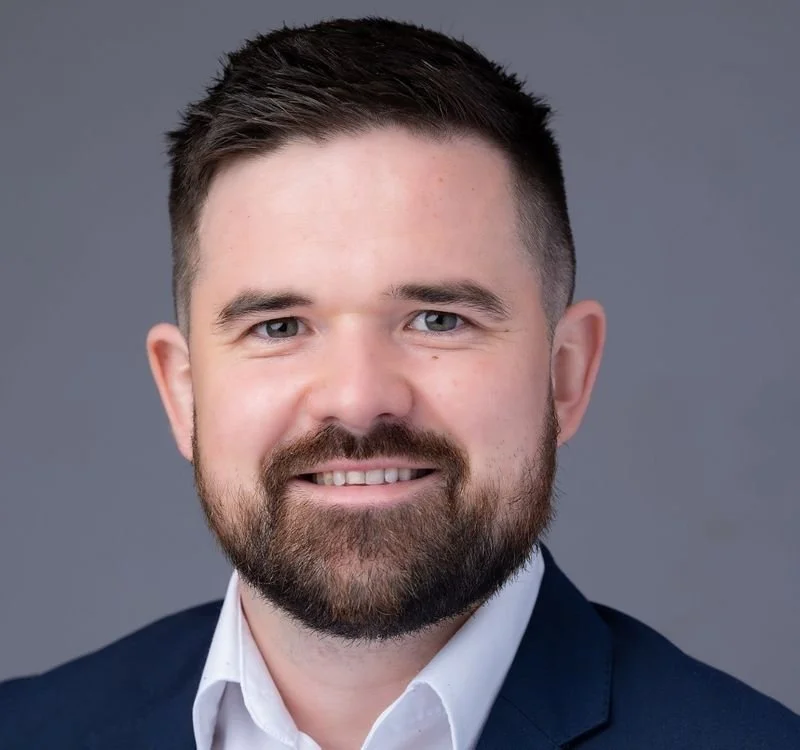
Google Prism programme
An interactive and informative immersion zone, focused on data and AI in transport

WITH
The Google Prism offered a series of short briefings across the two days focusing on practical applications and game-changing outcomes available through the use of data and AI in transport.
4 March 2025
08.30-09.15 Breakfast networking
11.55-12.25 Pushing the boundaries of Google Maps with TraceMark Flow: a catalyst for ITS (NGIS)
Google Maps has revolutionised the way we navigate the world. Its comprehensive dataset, including real-time traffic information and historical travel time data, offers a wealth of potential for transportation and AI-driven applications. It's not just a navigation tool. NGIS, a long-standing Google partner, has built TraceMark Flow to enable easy access and insights to Google roads data via operational dashboards, journey planning tools and reports. The presentation showcases applications of TraceMark Flow for optimising intelligent transport systems, informing urban planning and emergency services, and deriving valuable insights for cities and transport agencies.
Oliver Looker, GM Transport and Mobility, NGIS
12.25-12.55 Saving costs in asset management through data and AI (Deloitte)
National infrastructure maintenance in the UK costs tens of billions. Imagine saving just 1% of these costs by leveraging data and AI in inspection, maintenance, and incident response. How can smarter use of AI and data in asset management enhance safety for maintenance workers and reduce passenger journey times? Join us to explore key opportunities and discover how data and AI can revolutionize infrastructure maintenance.
Janet White, Public Sector Google Alliance Lead, Deloitte
12.55-13.25 No bus left behind — building real-time dashboards that connect to delivery teams (SymTerra)
TfL and SymTerra share how they’ve transformed bus safety across London’s entire fleet. Learn how easy, scalable, and customisable technology is helping teams document and track works in real time. Discover how data captured can be tailored for different stakeholders and without breaking the bank.
Sarah Crawley, co-founder, SymTerra
Franklyn Frantos, TfL
13.25-13.55 Scale-To-Zero Agent Based Multi-Modal Transport Models (Podaris)
A deep dive into how innovative cloud-native transport models are providing powerful and cost effective ways to simulate complex transportation networks through dynamic resource allocation. Podaris has been building and deploying agent-based transport models for the last five years on top of Google Cloud Platform, and in this session will share key insights and takeaways.
Devon Barrett, Chief Technology Officer, Podaris
15.15-15.35 Turbocharging physical asset management with big data, AI, and Google Cloud (Trigger)
Enterprise Asset Management (EAM) systems are critical for ensuring operational efficiency and safety in the transport sector. However many traditional platforms were built for static environments with limited data inputs and integrations, lacking the agility to handle today’s demands for dynamic, real-time operations. These systems struggle with retrofitting functionality to process vast amounts of sensor data, to detect complex patterns, and to enable rapid, informed decision-making—resulting in reactive maintenance, missed optimisation opportunities, and excessive operational costs.
Tristan Gerhold, CEO, Trigger Data
Jeremy Bowman, CTO and co-founder, Hypermotive
17.00-17.30 Seamless journeys: biometrics transforming ticketing and border control (iProov)
The transport industry is undergoing a digital revolution, driven by the need for a significantly enhanced passenger experience. This presentation explores how biometric solutions are key to this transformation, focusing on ticketing and border crossing. We'll demonstrate how biometrics are automating identity verification, reducing waiting times, and enhancing security. Drawing on real-world examples, we'll showcase how these technologies are creating seamless and secure journeys for travellers worldwide
Tim Massey, product manager, IProov
5 March 2025
10.30-11.00 Transforming transport operations through AI and Data (Worldline)
Combining AI & Data gives the potential power to transform customer experiences in the transport sector, as well as rapidly enhancing how we plan and run services. In this session, we’ll discover how AI is improving productivity, and give some real world examples of its positive impact on transport operations – as well as considering its enormous potential for the future.
Martin Howell, Transport Markets Director UK&I, Worldline
11.05-11.35 Transport data for good – growth and access for everyone (PA Consulting)
Data and AI experts explore how transport data can drive growth and innovation in the UK transport sector. This session offers insights from PA Consulting’s recent research with the ONS and collaborations with Google Cloud. Case studies will demonstrate how secure data solutions can support mobility services, drive economic growth and facilitate transition to greener transport.
Dr Gianluca Barletta, Global Head of Data Science, PA Consulting
David Cooper, Google Cloud Transport Lead, PA Consulting
Warwick Goodall, Transport and Net Zero Mobility Lead, PA Consulting
11.35-12.05 Powering the future of Manchester’s Bee Network through AI and data (CitySwift)
Discover how Transport for Greater Manchester (TfGM) is harnessing the latest innovations in AI and data to collaborate with operators and revolutionise the city’s Bee Network. This session will deep dive into TfGM’s journey to delivering a data-driven transport network that delivers more reliable, frequent and quicker bus journeys, and enhances the passenger experience.
Alan Farrelly, CCO, CitySwift
Martin Shier, Head of Bus Network Design & Operations, Transport for Greater Manchester
12.05-12.30 80% of AI POCs failed in 2024. How are you ensuring success in 2025? (Ancoris)
While significant AI advancements were made in 2024, we also saw 80% of AI POCs fail or stall - so where should organisations be focusing their AI efforts in 2025? In this session, we’ll explore some of the reasons AI POCs fail; dig into the rise of Agentic AI and how it will help organisations automate complex tasks, optimise workflows and enhance citizen experiences; and unpack how user expectations are shifting toward AI-enabled experiences. In this economic climate, the need to optimise and do more with the same is higher than ever - join us to learn how.
Matt Frank, Chief AI and Innovation Officer, Ancoris
13.35-14.00 Qodea
14.00-14.25 Driving sustainable and safer streets: How TfGM is leveraging AI for its Vision Zero and Net Zero goals (VivaCity)
TfGM is applying AI and computer vision technology to safety and flow optimisation on its active travel schemes — improving safety for all road users, in particular for more vulnerable road users.
Using a combination of road safety datasets such as speed, occupancy, and VivaCity's groundbreaking near miss detection, it has identified hazardous spots in the network enabling it to take a predictive approach to preventing incidents before they happen.
The same computer vision technology is also being used to feed multimodal data to traffic signal controllers, to optimise signals according to predefined modes, for example prioritising pedestrians and cyclists over cars, or buses over a couple of pedestrians.
Martin Mildenhall, ITS Engineer, TfGM
Cleo Weeden, Strategic Partner Lead, VivaCity
14.30-14.55 An Insider View of the AI Arms Race in UK Planning & Infrastructure (SchemeFlow)
AI is tearing through the planning world, and the hype is deafening. But who’s actually using it - and for what? From councils to consultants to everyday residents, find out how AI is shaking up UK planning and infrastructure development right now. Get the inside scoop, bold predictions for the next few years, and no-nonsense practical tips to make sure you’re riding the AI wave, not drowning in it.
Andrew Browning, CEO, SchemeFlow



















